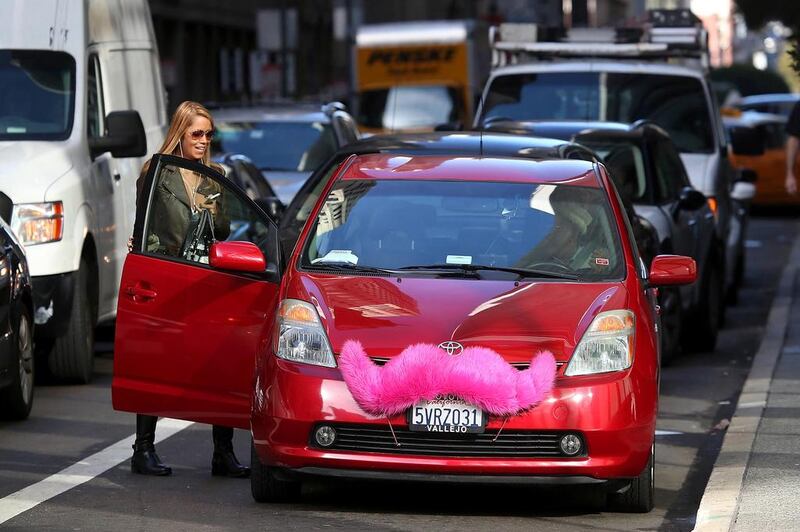A group of investors led by the Saudi billionaire Prince Alwaleed bin Talal and his investment firm Kingdom Holding Company (KHC) have invested US$247.7 million in the US-based car-hailing company Lyft, a US rival of Uber Technologies.
Prince Alwaleed, KHC and others invested $100m in Lyft’s capital-raising programme, with KHC alone providing $31m, KHC said in a statement to the Saudi stock exchange.
KHC and Prince Alwaleed also invested $147.7m to buy Lyft’s preferred shares in the secondary market. KHC’s investment is worth $73.9m.
KHC, which is 95 per cent owned by Prince Alwaleed, now holds a 2.3 per cent stake in Lyft on a converted basis, having invested a total of $104.9m.
The holding company, which together with Prince Alwaleed owns more than 5 per cent of the microblogging website Twitter, used its own resources to invest in Lyft.
Prince Alwaleed, who is ranked at 34 in the Forbes magazine list of billionaires with a $23.2 billion fortune, is an avid investor in high-profile companies, including the banking group Citi. He also owns the luxurious Hotel George V in Paris and a stake in the Savoy Hotel in London
San Francisco-based Lyft, which is in the middle of raising up to $1bn, is a privately held company that connects passengers to drivers through its mobile application.
Investors in the Middle East are increasingly funnelling their cash into technology companies amid an increase in private equity investments.
Abraaj Group, one of the Mena region’s biggest private equity players with managed assets of $9bn, in November led a group to invest $60m into Careem, the regional app-based car service that also competes with Uber.
Beco Capital, a Dubai venture capital business that has also invested in Careem, is bullish about that the region’s technology sector despite the low oil prices and slowing economies in the Arabian Gulf.
“I am extremely optimistic that we are going to see even stronger growth across our portfolio and across the tech ecosystem because of low oil prices,” said Dany Farha, Beco’s co-founder and managing director. “We have seen that with a lot of our portfolio companies during the 2008-2009 crisis.”
Beco, which is focused on technology investments in the Gulf, holds stakes in a number of businesses, including the real estate website propertyfinder.ae, the ecommerce market places jadopado.com, and bayzat.com, an internet service that compares prices of medical insurance policies.
Beco, which has $50m in assets under management, plans to make 10 new investments next year, versus three this year.
Technology investments may be flourishing in the region, but overall domestic deals have declined, while outbound investments are on the rise.
The value of announced mergers and acquisitions in the Mena region rose 23 per cent to $33.7bn in the first nine months of this year compared to the same period last year, according to Thomson Reuters and Freeman Consulting. Outbound M&A grew 57 per cent in the first nine months of this year, while domestic deals declined 2 per cent year on year.
“Generally there is an increasing flow of outward foreign direct investment from the region to other places because the outlook for the region, especially the Gulf region, isn’t positive,” said Imad Ghandour, the co-founder of the non-profit Mena Private Equity Association and the managing director of the private equity firm CedarBridge Capital.
“Attractive investment opportunities are scarce and people are looking elsewhere to deploy their investments.”
dalsaadi@thenational.ae
Follow The National's Business section on Twitter





